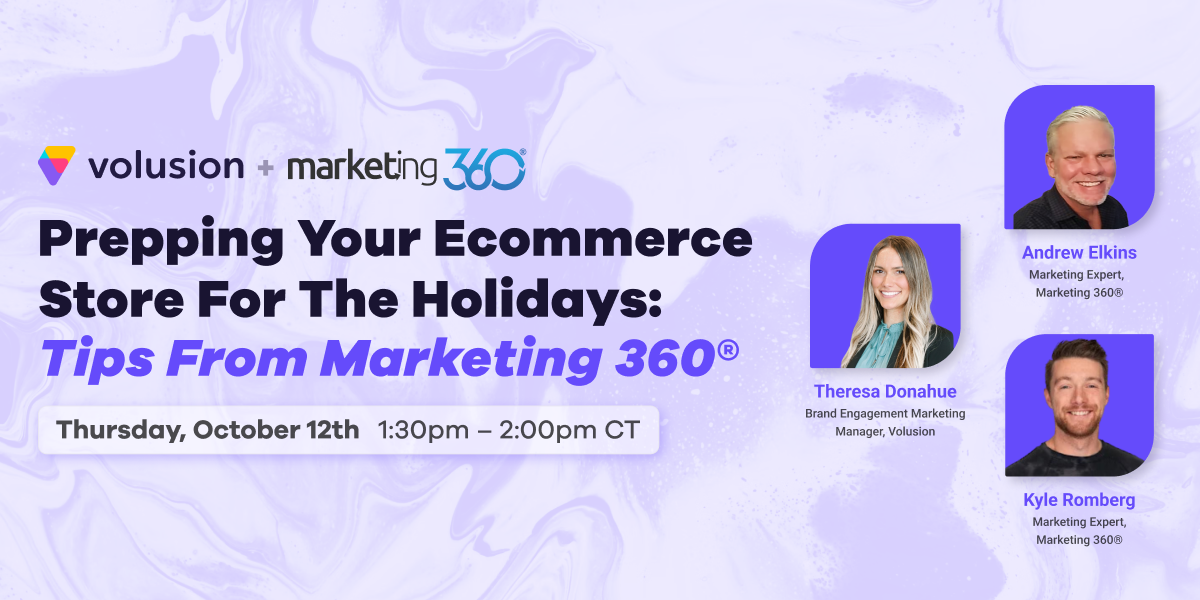
Your domain name is one of the most important branding elements for your store. It serves as the online “address” for your business, so it should be something unique and memorable to your customers. Read on to learn how to choose and set up yours!
Choosing Your Domain Name
If you already have a name for your business, you’re halfway there: keep that brand recognition going by choosing a domain that closely matches your business name. Otherwise, the world (wide web) is your oyster!
Not the creative type? Check out our Branding 101 post for tips on choosing an effective domain name for your store.
Before you get too attached, make sure the domain name is available to buy. You can only register domains that aren’t already in use, so you’ll need to confirm that the one you want is available. Most domain registrars’ websites include quick search tools to help you determine if a domain name is registered. You can also perform a real-time check through ICANN, the international group that governs domain name registration.
Where to Buy Domain Names
If you search Google for “domain registration”, you’ll find hundreds of companies – called registrars – that sell domain names. You can buy from whichever accredited registrar you like, but some companies have more recognition and better support than others. We particularly like Hover and NameCheap.
Getting the Best Deal
Most registrars offer domain names at fairly comparable prices, so beware the sites that boast dramatic discounts at all times. These registrars may have hidden fees, fewer services, or non-existent support.
We all want to save money, but not at the cost of reliability.
Instead, we recommend making a list of registrars you’d be comfortable purchasing from, then checking each registrar’s website for current promotions. You can also check deal-aggregating websites like Groupon or RetailMeNot to find coupons for specific registrars.
Domain Name Registration Length
Keep in mind that the standard registration period for a domain name is one year. That means you’ll need to renew your domain name around the same time every year, unless you choose a longer domain name registration period at the beginning. Most registrars offer a discounted rate when you register your domain name for two or more years, usually with the requirement that you pay the total amount up front.
You’ll need to renew your domain name around the same time every year, unless you choose a longer registration period at the beginning.
Before registering a domain for several years at a time, make sure it’s the name you want to use for the foreseeable future. If you ended up choosing a different domain name when the one you originally wanted wasn’t available, or if you think there’s any chance you may need to change it in the future (rebranding or merging with another company, for example), choose a year-long initial registration and renew it annually as needed.
Domain Renewal Options
Renewing a domain name essentially means re-purchasing it to preserve your ownership. It's important to renew the registration for your domain name before it expires each year; if you let your registration lapse, the domain name will go back on the open market and will be available to other buyers on a first-come, first-served basis.
Most registrars will send you a reminder email about renewing your domain name before time runs out, but many offer an automatic renewal option. Automatic renewal allows a registrar to detect when your domain name will expire, then automatically run your saved payment method to provide registration for another year. Consider choosing this option if your registrar offers it at purchase. Otherwise, you can typically enable automatic renewal from your customer account at a later time.
Additional Services
Some registrars are strictly in the business of domain names, but many offer additional services. For example, if you know you’ll want to register and host email accounts for your domain name, make sure to choose a registrar that lets you add that service. Some merchants prefer to find a registrar that offers hosted blog sites, web security or even marketing tools.
Some merchants prefer to find a registrar that offers hosted blog sites, web security or even marketing tools.
Volusion offers many of these same services, but it’s all about finding what’s most convenient for you. If you have any questions about using Volusion versus your registrar for a particular business need, don’t hesitate to reach out to us!
Whois Privacy
When you register a domain name, you’ll fill out contact information that becomes part of ICANN’s Whois database (as in, “Who is the owner of this domain name?). This information is publicly available by default, and can be accessed by anyone who searches for your domain name using a Whois lookup service.
Some spammers use Whois records to find potential targets, and telemarketers can use the same information to find phone numbers.
If you used a home address and phone number to register your domain name, we recommend privatizing your registration to prevent spam. Some spammers use Whois records to find potential targets, and telemarketers can use the same information to find phone numbers.
Many registrars offer free or cheap Whois masking, which replaces your contact information with the registrar’s own details in Whois lookup results. If your registrar doesn’t offer this, there are third-party services that do; your registrar will often point you in the direction of one they trust. Note that it’s against ICANN regulations to knowingly enter incorrect contact information, but masking it is A-OK!
After You Register Your Domain
When you’re ready to map your domain name to your Volusion store, follow these tips to set up DNS hosting. You’re on your way to becoming a smashing success!
Have any other questions about getting your domain name? Just let us know in the comments!











